What is bakuchiol oil used for?
It is mainly used as a raw material for cosmetics as a milder alternative to retinol. It has antioxidant effects and promotes skin health and healthy aging.
It can also be used in medicine, health products and other fields.
Is Psoralea corylifolia the same as bakuchiol?
Psoralea corylifolia and Bakuchiol are not the same substance, but Bakuchiol is the key active ingredient extracted from Psoralea corylifolia, and the two are closely related in botany and application fields.
1. Plant source
Psoralea corylifolia, Chinese name for psoralea, is a plant belonging to the genus Psoralea in the family Papilionaceae. Its seeds and leaves are the main sources for extracting Bakuchiol.
2. Chemical composition
Bakuchiol is the main component of the volatile oil of Psoralea corylifolia, accounting for more than 60% of its volatile oil. Bakuchiol is an isoprenylphenol terpenoid compound that is easily oxidized and overflows with water vapor.
3. Application and efficacy
Psoralea corylifolia is widely used in traditional Chinese medicine and has a variety of medicinal values.
Bakuchiol is widely used in cosmetics and skin care products due to its antioxidant and anti-aging properties. It can be used as a substitute for retinol, with a milder skin care effect and can reduce skin irritation and allergic reactions.
Is bakuchiol better than retinol?
Bakuchiol and Retinol each have their own unique advantages and applicable groups. Which product to choose depends on factors such as personal skin quality, skin care needs, and product formula. Therefore, it is impossible to simply conclude that Bakuchiol is definitely better or worse than Retinol. It is recommended that when choosing skin care products, you should choose according to your actual situation and needs, and pay attention to skin reactions during use so that you can adjust your skin care plan in time. The following are some comparisons and analyses of the two by Day Natural engineers:
1. Ingredients and sources
Bakuchiol (Bakuchiol): It is a monoterpene compound extracted from the leguminous plant Psoralea corylifolia. It has the characteristics of high mildness, low skin irritation, and no photosensitivity, suitable for daytime use.
Retinol : It is a derivative of vitamin A and is widely used in skin care products to improve skin texture, reduce wrinkles and spots, etc. However, Retinol may be irritating and may cause skin sensitivity or dryness in some cases.
2. Efficacy and Function
Bakuchiol:
It can promote the production of collagen gently and effectively, and has antioxidant and anti-aging effects.
It can inhibit the release of inflammatory mediators, has anti-inflammatory effects, and is suitable for acne patients and oily acne skin.
It can also be used to treat dull skin and pigmentation after inflammation, and has a certain whitening effect.
Retinol:
It is also an important anti-aging ingredient that can promote the renewal of skin cells and the synthesis of collagen.
It has anti-inflammatory effects and can relieve inflammatory skin problems such as acne.
It can improve enlarged pores, reduce wrinkles and spots, etc.
3. Precautions for use
Bakuchiol: Although it is mild, it also needs to gradually build tolerance according to personal skin type. At the same time, it is recommended to take sun protection measures when using it during the day.
Retinol: Due to its certain irritation, it is recommended to start with low concentration and gradually increase the concentration. At the same time, due to its photosensitivity, it is better to use it at night, and sun protection is required when using it during the day.
4. Comprehensive comparison
In terms of mildness, Bakuchiol is generally considered to be milder than Retinol and is suitable for sensitive skin and people who are trying anti-aging products for the first time.
In terms of efficacy, both have their own advantages, but Bakuchiol performs well in anti-oxidation, anti-inflammatory and whitening, while Retinol is more effective in promoting skin cell renewal and reducing wrinkles.
In terms of ease of use, Bakuchiol can be used during the day due to its lack of photosensitivity, while Retinol is more suitable for use at night.
Can I use bakuchiol oil everyday?
Yes, Bakuchiol oil can be used daily, but the specific frequency of use depends on your skin type and skin care needs. Here are some tips from Day Natural’s R&D engineers:
1. Gentleness
Bakuchiol oil is known for its gentleness. Compared with traditional anti-aging ingredients such as retinol, it is less irritating to the skin, making it more suitable for daily use, especially for people with sensitive skin or those who are trying anti-aging products for the first time.
2. Building tolerance
Although Bakuchiol oil is relatively mild, it is recommended to gradually build skin tolerance to it when first used. You can start with a small amount and gradually increase the amount after observing the skin’s reaction.
3. How to use
Bakuchiol oil can be used alone or mixed with other skin care products. For example, it can be dripped into creams, lotions or essences to enhance the anti-aging effects of these products. At the same time, it can also be used as a facial massage oil to promote blood circulation and nutrient absorption in the skin.
4. Sun protection measures
Although bakuchiol oil itself is not photosensitive, sun protection measures should be taken after using any skin care products during the day to protect the skin from UV damage.
5. Pay attention to skin reactions
When using bakuchiol oil, skin reactions should be closely observed. If discomfort symptoms such as redness, tingling, itching, etc. occur, stop using it immediately and consult a professional dermatologist for advice.
6. Storage method
Bakuchiol oil should be stored in a cool, dry, dark place, avoiding direct sunlight and high temperature environment to maintain its stability and effectiveness.

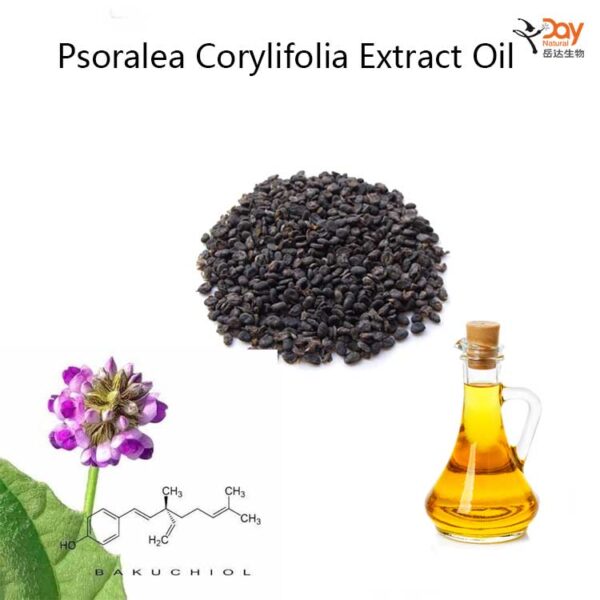
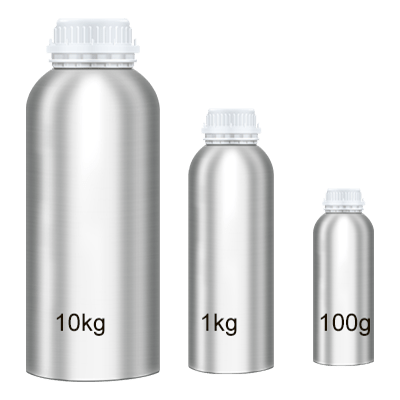
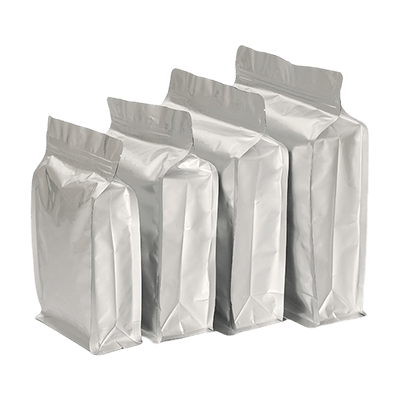
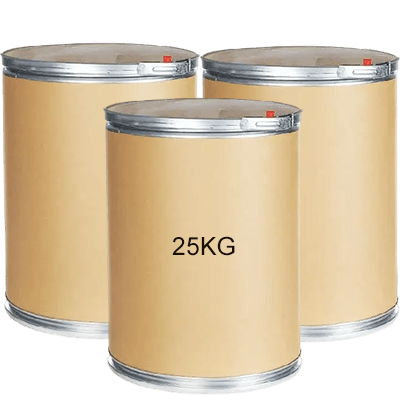

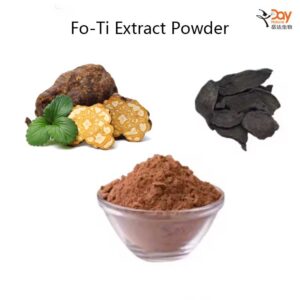
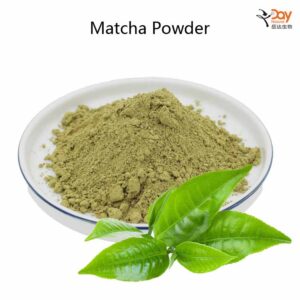
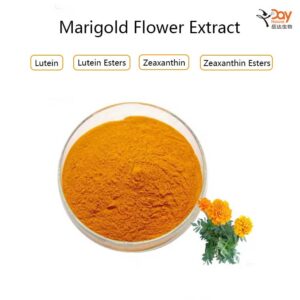
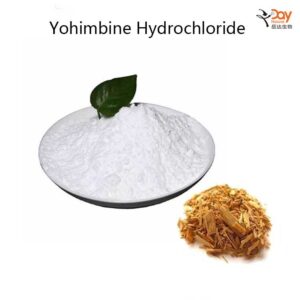
Reviews
There are no reviews yet.